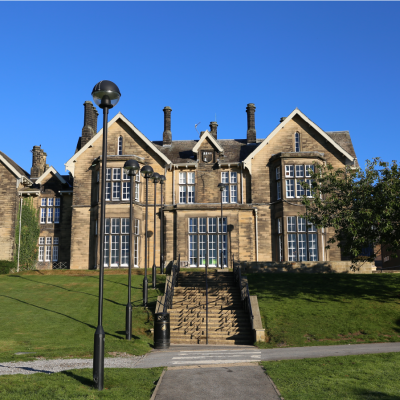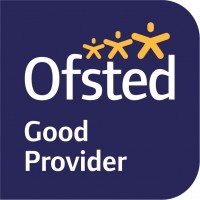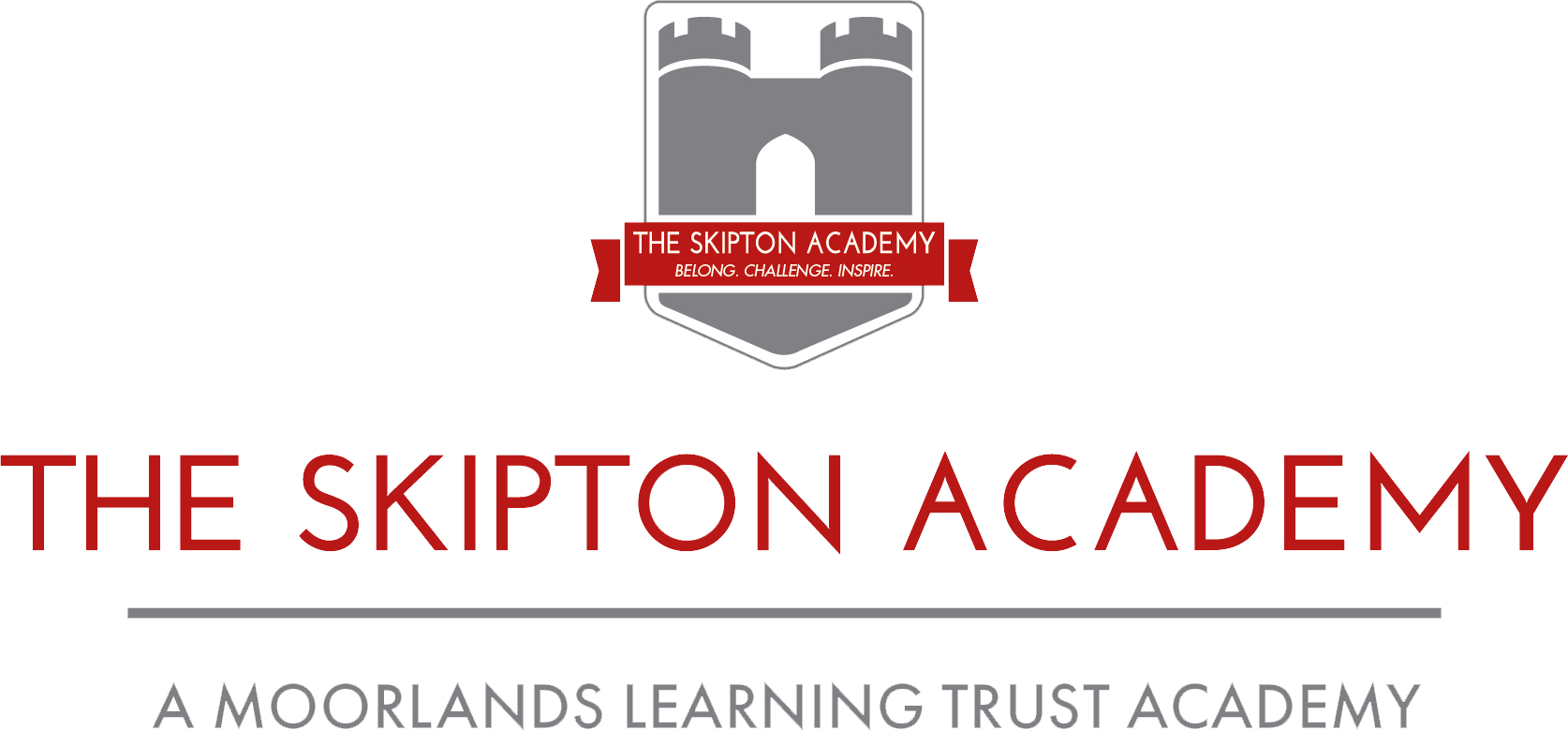Religious Education (RE)
Vision and Purpose
Religious Education (RE) at The Skipton Academy is integral to the Personal Development programme, designed to equip students with the knowledge, empathy, and critical awareness to thrive in a pluralistic society. Our approach reflects the 2018 Commission on RE’s vision:
“RE should explore the important role that religious and non-religious worldviews play in all human life... It is a subject for all pupils, whatever their own family background and personal beliefs.”
Our RE curriculum seeks not to promote religious belief, but to foster understanding, tolerance, and respect by engaging students in the diverse beliefs and ethical frameworks shaping communities locally, nationally, and globally.
Curriculum Structure and Content
RE is delivered bi-weekly within PDT lessons and is sequenced across all five year groups to allow for cumulative knowledge development and deeper enquiry over time.
Key Stage 3 (Years 7–9)
In Years 7–9, students explore foundational concepts and belief systems across major world religions and humanism. Each year group focuses on a thematic and comparative approach that broadens understanding and promotes critical engagement.
|
Year |
Religious Focus |
Core Concepts Explored |
|
7 |
Christianity & Sikhism |
Origins, founders, places of worship, religious festivals, life rituals (birth/death), ethics |
|
8 |
Judaism & Buddhism |
The role of tradition, prayer and meditation, suffering, community, rites of passage |
|
9 |
Islam |
Prophethood, five pillars, justice and mercy, contemporary ethical issues, and interfaith dialogue |
Each unit also encourages students to reflect on how religious teachings apply to modern challenges, including social cohesion, identity, and moral decision-making.
Key Stage 4 (Years 10–11)
In Years 10 and 11, the RE curriculum shifts toward global issues and ethical themes, encouraging students to apply religious and secular worldviews to real-world challenges.
|
Year |
Religious Focus |
Ethical & Global Themes |
|
10 |
Islam (Thematic study) |
Sexual ethics, social justice, media influence, digital ethics, conflict, and peaceful activism |
|
11 |
Religious Views on Global Issues |
Global inequality, medical ethics, human rights, environment, war and peace, family and parenting |
Through deepening understanding, students evaluate how differing beliefs shape responses to dilemmas such as euthanasia, genetic engineering, climate responsibility, and gender equality.
Curriculum Pedagogy and Approach
Each religion is taught through the lens of:
- Founders and key beliefs
- Places of worship and community practices
- Religious festivals and sacred rituals
- Birth and death rites
- Ethical teachings and application in daily life
Instruction is enquiry-based, promoting critical thinking, respectful discussion, and moral reasoning. Students are encouraged to express their own views while engaging empathetically with those of others.
We use a worldviews approach, enabling pupils to understand both religious and non-religious belief systems, including Humanism, atheism, and agnosticism, fostering inclusive and balanced discussions.
Assessment and Progression
RE is assessed in line with PDT through a combination of:
- Knowledge checks and retrieval tasks
- Extended written responses and reflections
- Discussion-based formative assessments
- Evaluation tasks on ethical dilemmas and contemporary case studies
Assessments help monitor progression in understanding, analysis, and application of beliefs to societal issues, while also nurturing oracy and empathy.
Spiritual, Moral, Social and Cultural (SMSC) Development & British Values
The curriculum explicitly promotes:
- Respect for diverse identities and belief systems
- Tolerance of those with different faiths or none
- Understanding of Fundamental British Values – democracy, liberty, law, and mutual respect
- Awareness of protected characteristics as defined in the Equality Act 2010
Parental Engagement & Right to Withdraw
While RE is a statutory part of the curriculum, parents/carers have the legal right to withdraw their child from part or all RE lessons. Requests should be made in writing to the Principal. A meeting will be arranged with school leadership and the PDT coordinator to:
- Clarify concerns and intentions
- Discuss the scope of withdrawal
- Outline supervision arrangements (students will remain on site and complete alternative work)
Review and Continuous Development
The RE curriculum is reviewed annually to ensure:
- Alignment with the North Yorkshire Locally Agreed Syllabus
- Responsiveness to student and community needs
- Integration of current issues and contemporary religious perspectives












